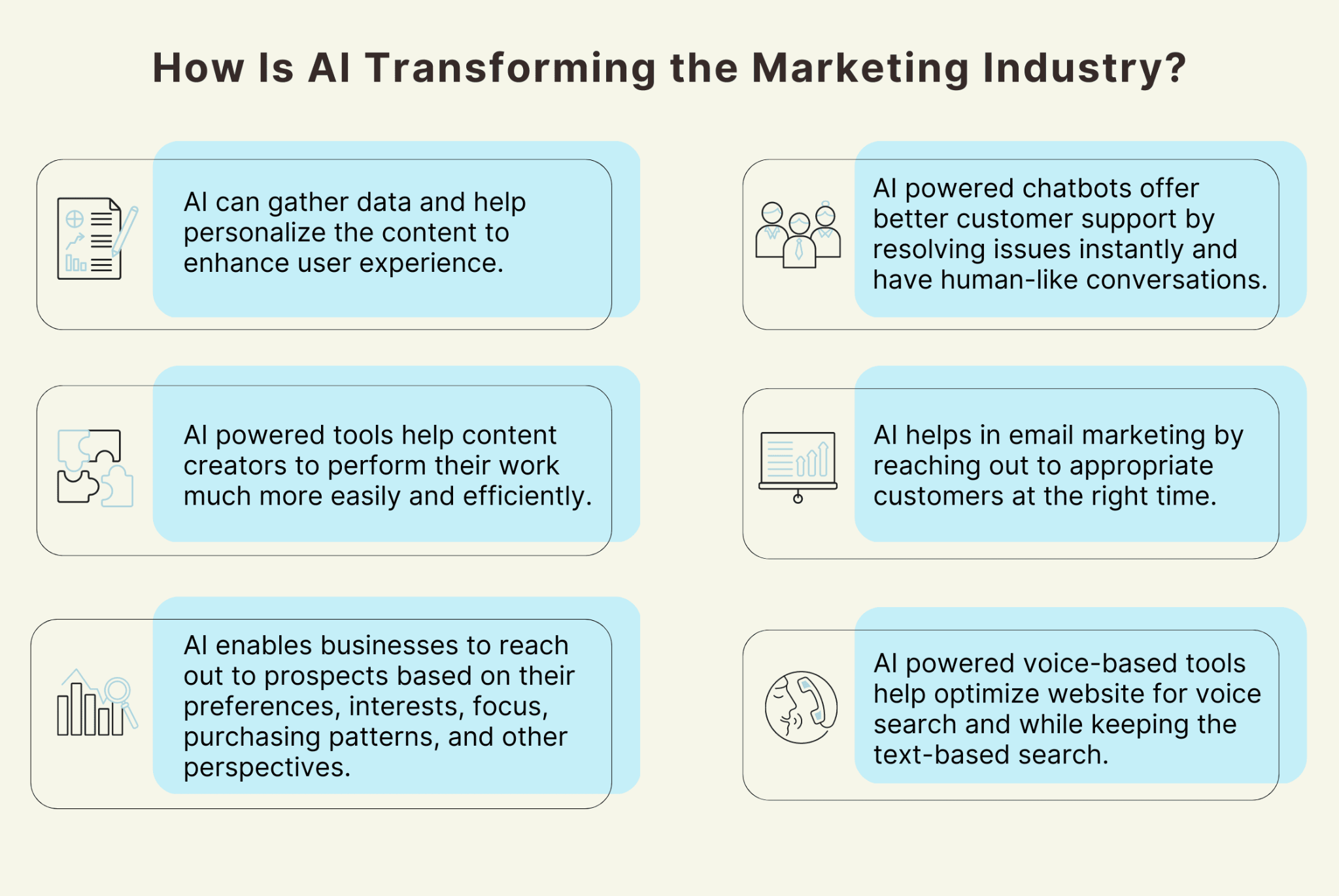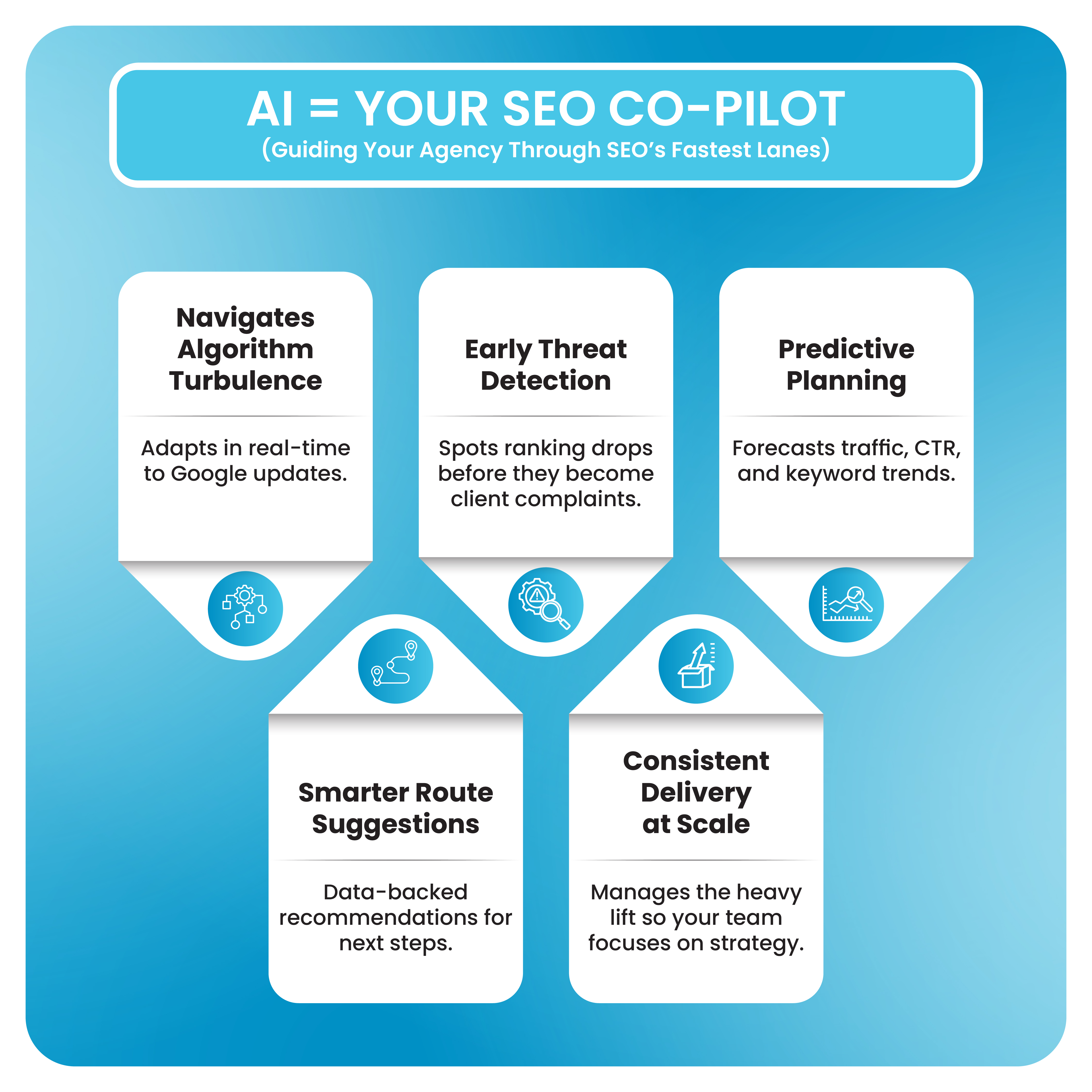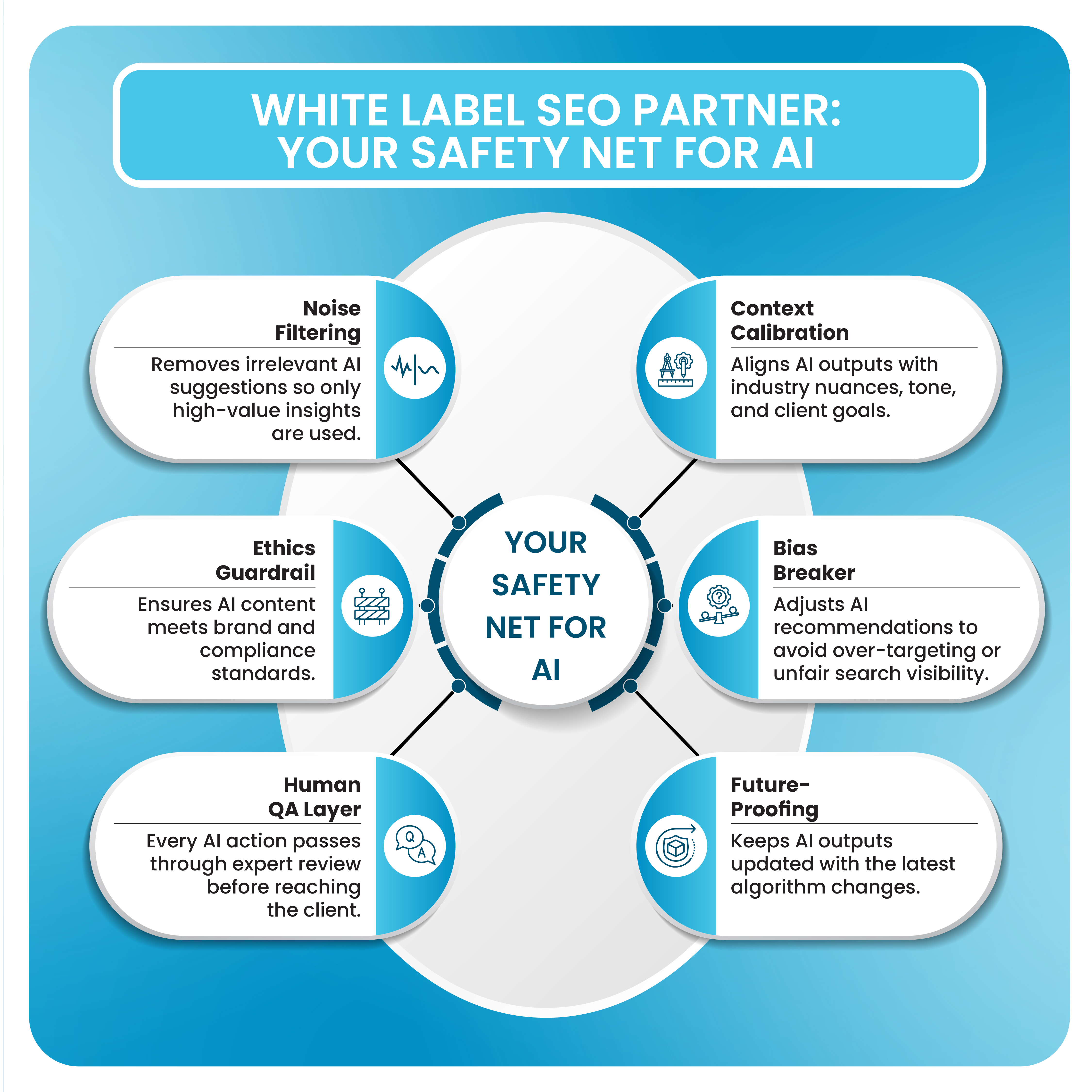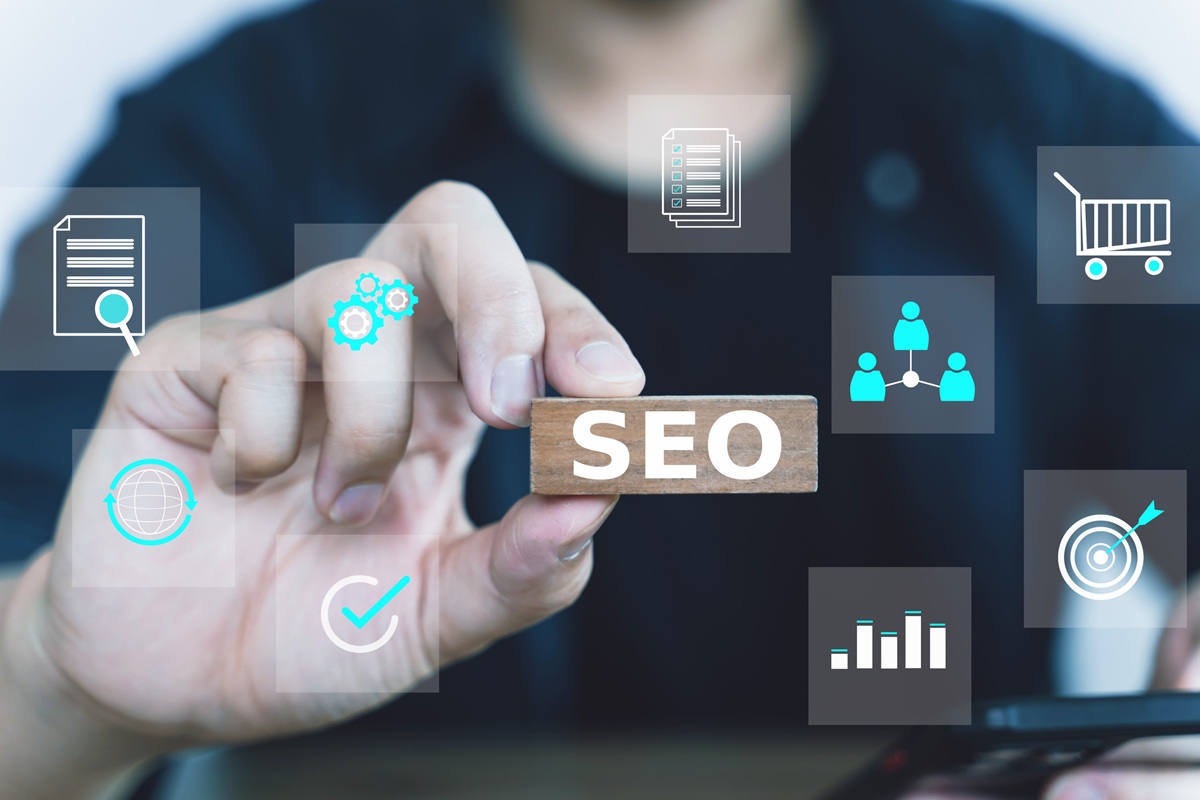The SEO landscape changes faster than most agencies can keep up. Search algorithms evolve, user behavior shifts, and new competitors emerge daily. What worked last quarter might be outdated next month. This rapid evolution creates immense pressure for marketing agencies trying to deliver consistent results for multiple clients.
Traditional, manual SEO approaches are becoming a burden rather than an asset. Hours spent on keyword research, content optimization, and performance reporting leave little time for strategic thinking. When you're managing dozens of clients, the manual approach simply doesn't scale.
Enter artificial intelligence and machine learning. These technologies aren't just buzzwords—they represent a fundamental shift in how SEO services can be delivered. AI-powered tools can process massive datasets, identify patterns humans miss, and execute repetitive tasks with precision and speed. For agencies looking to outsource SEO services effectively, AI integration has become essential.
This post explores how AI is revolutionizing white label SEO services. We'll examine how automation streamlines tedious tasks, machine learning provides predictive insights, and intelligent tools help agencies deliver superior results while scaling their operations. We'll also address common concerns about AI adoption and show you what the future holds for SEO agencies ready to embrace this transformation.
The Old Guard: Limitations of Manual White Label SEO
Why Traditional SEO Is Holding Your Agency Back
Manual SEO processes are consuming resources that could be better spent elsewhere. Consider the hours your team spends on keyword research, sifting through endless spreadsheets to find opportunities. Then there's link-building outreach—crafting personalized emails, tracking responses, and managing follow-ups. Performance reporting alone can take days each month per client.
These time-consuming tasks eat into billable hours that could be focused on high-level strategy and client relationship building. When every process requires manual intervention, growth becomes exponentially more difficult.
- Scalability becomes the biggest challenge. Adding new clients means adding proportional workload. More keyword tracking, more content reviews, more technical audits. Without significant investment in additional staff, agencies hit a ceiling. According to recent industry research, 37% of agencies identified acquiring new clients as their primary obstacle, surpassing other concerns such as time constraints and cash flow by a significant margin.
- Data overload creates missed opportunities. Modern SEO involves analyzing massive amounts of information—search volumes, competitor strategies, technical performance metrics, and user behavior data. Human analysts can only process so much before patterns get missed. Those subtle correlations that could unlock significant client growth often remain hidden in the data.
- Keeping pace with algorithm changes proves nearly impossible. Google makes thousands of algorithm updates annually. Manual processes can't adapt quickly enough to these changes. By the time agencies identify what's working differently, competitors using automated tools have already adjusted their strategies.
- Inconsistent results plague manual efforts. Human error, bias, and fatigue impact quality. One team member might interpret data differently from another. Client strategies become inconsistent, leading to varied outcomes that are difficult to explain or replicate.
These limitations point to a clear need for automation. Agencies that continue relying solely on manual processes will find themselves overwhelmed by workload while struggling to deliver consistent, scalable results.
The Shift from Manual SEO to AI-Augmented SEO
White label SEO started with basic services—monthly reports, link building campaigns, and technical audits. Agencies needed external partners to handle overflow work or specialized tasks. This model worked when SEO was simpler and search engines were more predictable.
AI has transformed this landscape completely. Modern SEO requires processing enormous datasets, understanding user intent at scale, and adapting strategies in real-time. These tasks are perfect for artificial intelligence.
AI automates the repetitive work. Keyword tracking, technical audits, and backlink analysis can now run continuously in the background. This automation frees human experts to focus on strategy, client communication, and creative problem-solving.
Machine learning algorithms excel at pattern recognition. They can analyze user behavior across thousands of websites to predict which content will perform best. They identify technical issues before they impact rankings. They spot opportunities in competitor strategies that human analysts might overlook.
As one industry expert noted, "Use machine learning to predict user behavior and search trends to alter your SEO approach in real time." This real-time adaptation gives AI-powered agencies a significant competitive advantage.

The shift isn't about replacing human expertise—it's about amplifying it. AI handles data processing and routine tasks, while humans provide strategic direction, creative insights, and client relationship management.
The AI Revolution: How AI is Redefining SEO Operations
1. AI-Enhanced Keyword Research
Gone are the days of static keyword lists and manual search volume analysis. AI-powered keyword research utilizes natural language processing to comprehend searcher intent at an unprecedented level. These tools analyze semantic relationships, identifying keyword clusters that capture the full spectrum of user queries.
Modern AI systems can predict keyword trends before they peak. They analyze search patterns, social media conversations, and content performance to forecast which terms will become valuable. For seasonal campaigns, this predictive capability provides months of planning opportunity.
Conversational AI models like ChatGPT have revealed the importance of long-tail, question-based queries. AI tools can generate hundreds of these conversational keywords that traditional research methods would miss entirely.
2. Intelligent Content Optimization
AI transforms content creation from guesswork into a data-driven strategy. Machine learning algorithms analyze top-performing content across industries to identify patterns in structure, tone, and keyword usage.
Content scoring tools powered by AI can evaluate drafts against hundreds of ranking factors simultaneously. They check readability scores, keyword density, semantic relevance, and E-E-A-T (Experience, Expertise, Authoritativeness, Trustworthiness) signals.
For agencies managing content across multiple clients, AI ensures consistency. As one expert explains, "Generative AI ensures tone consistency and keyword alignment across content." This consistency becomes crucial when different team members work on the same client account. To explore how AI can be implemented for such tasks, visit www.addepto.com.
AI can generate content briefs that include specific instructions for freelance writers. The review process becomes streamlined when content already meets optimization standards before human review.
3. Automated Technical Audits
Technical SEO audits that once took days can now be completed in minutes. AI-powered crawling tools automatically detect duplicate title tags, broken links, missing schema markup, and page speed issues across entire websites.
Machine learning models excel at anomaly detection. They can spot unusual traffic drops, indexing problems, or ranking fluctuations immediately. This early warning system helps agencies address issues before they significantly impact client performance.
Real-time monitoring has become possible with AI automation. Instead of monthly audits, agencies can provide continuous technical oversight. As industry research shows, "Real-time audits are reshaping how agencies deliver ongoing technical SEO monitoring."
4. Personalization and User Experience Optimization
AI enables personalization at scale for local SEO and user experience optimization. Machine learning algorithms can dynamically adjust business descriptions, optimize NAP (Name, Address, Phone) consistency across directories, and personalize content based on location and user behavior.
For multi-location businesses, AI can create unique, optimized content for each location while maintaining brand consistency. This localization was previously too resource-intensive for most agencies to offer.
Predictive analytics help agencies understand user behavior patterns. AI can forecast click-through rate for different titles and meta descriptions variations, allowing agencies to test and optimize before implementing changes.
5. Data-Driven Decision Making
Predictive Analytics represents perhaps the most powerful AI application in SEO. Machine learning models can forecast traffic growth, predict the impact of ranking improvements on conversions, and model different strategic scenarios.
These predictions help agencies set realistic client expectations and demonstrate potential ROI before implementing strategies. When presenting to clients, agencies can show projected outcomes based on historical data patterns.
Advanced Competitor Analysis uses AI to monitor competitor strategies continuously. Machine learning algorithms track competitor content publication schedules, identify their top-performing pages, and predict their strategic moves based on pattern analysis.
This intelligence helps agencies identify gaps in competitor strategies and opportunities for client growth. Instead of quarterly competitor reviews, agencies can provide real-time competitive insights.

How an AI-Powered White Label SEO Partner Elevates Agencies?
AI-powered SEO partnerships transform agency operations in measurable ways. Agencies can scale client delivery without proportionally increasing headcount. Tasks that previously required weeks can be completed in days or hours.
- Faster turnarounds enable proactive client success. When technical audits are completed automatically and content optimization happens in real-time, agencies can address issues before clients even notice problems. This proactive approach strengthens client relationships and reduces churn.
- AI-backed insights build client trust. When recommendations come with predictive analytics and data-driven forecasts, clients feel more confident in agency expertise. The ability to show projected outcomes and measure results precisely demonstrates value clearly.
- Content consistency across multiple accounts becomes achievable with AI assistance. Brand voice guidelines can be programmed into AI tools, ensuring all content maintains appropriate tone and messaging regardless of which team member creates it.
- Multi-service capabilities expand when AI handles routine tasks. Agencies can offer comprehensive digital marketing bundles including SEO, PPC, social media, and local listing management without overwhelming their teams.
- Future-proofing against SERP changes becomes possible with predictive AI models. As Google introduces AI Overviews and other SERP features, agencies with AI-powered insights can adapt strategies quickly rather than reacting months later.
According to industry statistics, AI automation in SEO reduces manual workload by 55% and AI-powered tools streamline reporting tasks by up to 50%.
Choosing the Right AI-Powered Partner to Outsource SEO Services
What to Look for in a Modern SEO Partner
- Integration capabilities should be your first consideration. The AI tools your partner uses must connect seamlessly with your existing workflow and reporting platforms. Look for partners who can provide API access and custom integrations that fit your specific needs.
- Transparency in methodology becomes crucial when AI is involved. Your partner should clearly explain how their AI tools work, what data they analyze, and how they make recommendations. Avoid providers who treat their AI as a "black box" without explaining their processes.
- Human-AI hybrid models deliver the best results. The most effective partners combine AI's data processing power with human strategic oversight and creativity. Look for providers who emphasize that AI enhances human expertise rather than replacing it.
- Customizable reporting helps you communicate AI-driven strategies to clients effectively. Your partner should translate complex algorithmic insights into understandable business outcomes. Reports should clearly show how AI-powered optimizations impact client success metrics.
Consider partners who demonstrate measurable results from their AI implementations. Ask for case studies showing before-and-after performance metrics from similar client engagements.
Risks, Challenges & Ethical Concerns of AI in White Label SEO
- Over-reliance on automation presents the biggest risk. While AI excels at data processing and pattern recognition, human expertise remains essential for strategic decision-making, creative problem-solving, and client relationship management. Agencies that eliminate human oversight often deliver generic solutions that miss client-specific nuances.
- Content originality concerns arise with generative AI tools. Search engines penalize duplicate or low-quality content, making it crucial to use AI as a writing assistant rather than a replacement for human creativity. Proper fact-checking and originality verification become essential processes.
- Data privacy and transparency issues require careful consideration. AI tools process vast amounts of client data, making data security protocols critical. Agencies must ensure their AI partners comply with privacy regulations and provide clear data handling policies.
- Algorithm bias can perpetuate existing inequalities in search results. AI models trained on biased data may recommend strategies that favor certain demographics or business types. Regular auditing of AI recommendations helps identify and correct these biases.
- Ethical considerations become complex when AI enables sophisticated manipulation of search results. While optimization is acceptable, agencies must balance effectiveness with ethical practices that benefit users, not just rankings.
- Job displacement concerns affect the SEO industry as automation handles more tasks. However, rather than eliminating jobs, AI typically shifts roles toward higher-level strategy and agency-client relationship management.
- Regulatory implications continue evolving as governments develop AI oversight policies. Agencies should stay informed about emerging regulations that might affect AI tool usage in marketing contexts.
Understanding these risks helps agencies implement AI responsibly while maximizing its benefits for client success.

Transforming White Label SEO With DashClicks
DashClicks demonstrates how AI integration transforms white label SEO delivery. Their platform combines advanced AI-powered tools with comprehensive marketing services, rated 4.9/5 stars across over 1,500 verified reviews. This rating reflects their success in helping agencies scale through intelligent automation.
The DashClicks platform integrates AI throughout its SEO process. Their InstaSites tool uses artificial intelligence to build optimized websites in seconds, while their InstaReports feature generates comprehensive SEO audits using automated analysis. These tools enable agencies to deliver services that would traditionally require weeks of manual work.
Their white label SEO services leverage machine learning for keyword research, content optimization, and technical auditing. The AI handles data processing and pattern recognition while human experts provide strategic oversight and quality assurance. This hybrid approach delivers consistent results across thousands of client accounts.
For agencies looking to integrate AI into their SEO offering, DashClicks provides both the technology platform and fulfillment services. Their comprehensive approach includes AI-powered website building, automated reporting, and full white label fulfillment that allows agencies to scale without additional overhead.
The Path Forward for AI-Powered SEO Agencies
The days of relying solely on manual SEO processes are fading fast. While traditional approaches often create bottlenecks in scalability and consistency, AI and machine learning are rewriting the rules—bringing automation, precision, and data-driven insights that elevate both efficiency and results.
For agencies, the message is clear: integrating AI into white label SEO isn’t some distant innovation—it’s the competitive edge agencies need right now. Those who adapt will deliver faster, smarter, and more impactful campaigns, while those who delay risk falling behind in an increasingly AI-driven landscape.
If you’re still bogged down by repetitive manual tasks, now is the time to re-evaluate. Ask yourself: Are we maximizing our efficiency and client results, or is it time to partner with an AI-powered white label SEO provider who can help us scale with confidence?



.svg)

.svg)
.svg)
.svg)
.svg)
.svg)

.svg)




.svg)
.svg)
.svg)
.svg)
.svg)